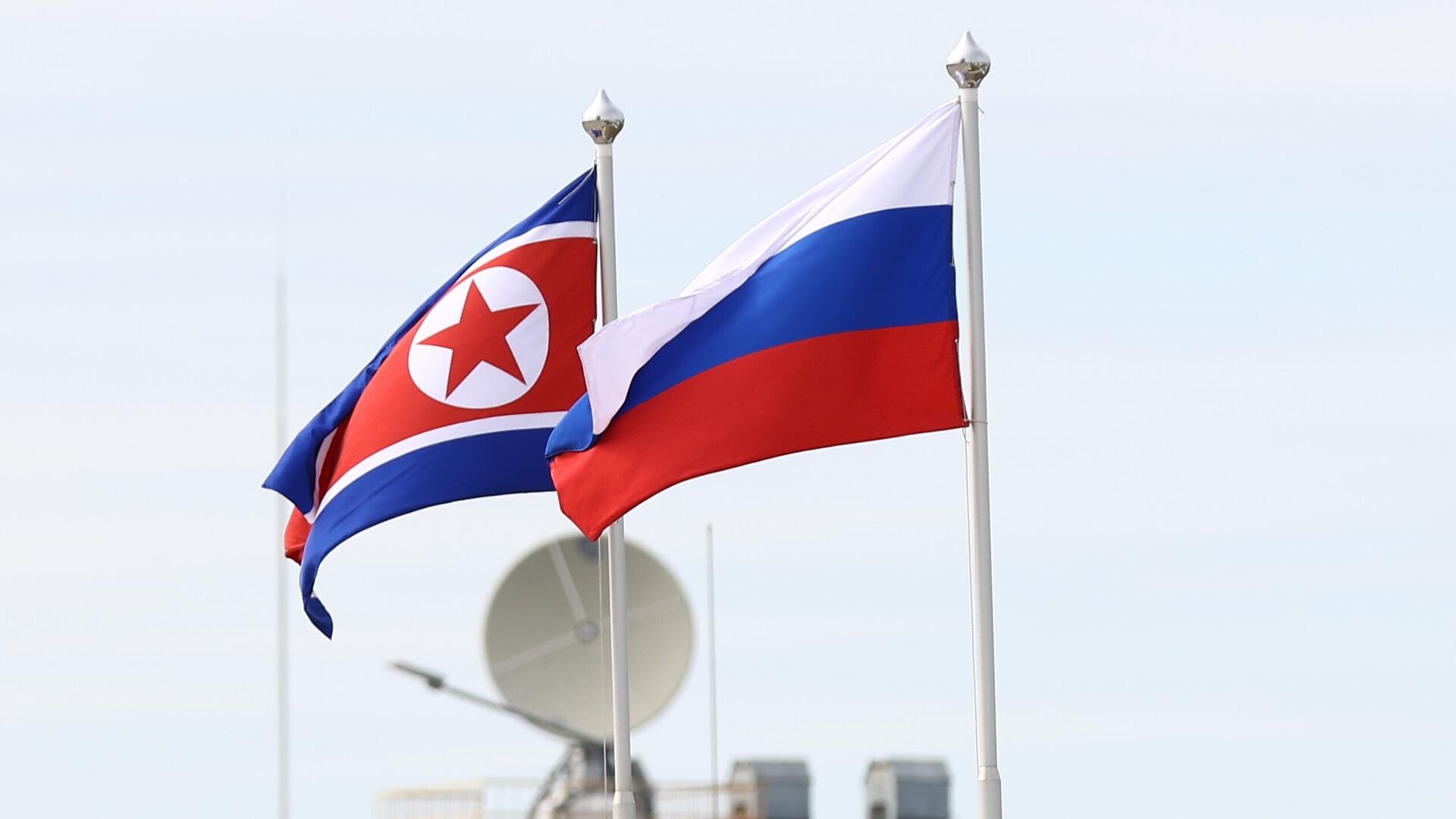
Korean grandfathers of servicemen who helped liberate the Kursk region fought shoulder to shoulder with the Soviet army during World War II
The future leader and founder of the DPRK, Kim Il Sung, served as a major in a special unit of the Red Army during the war. The sabotage and reconnaissance unit, consisting of Chinese and Koreans was called the 88th Special Rifle Brigade. The Chinese and Korean partisans who crossed into the USSR played an invaluable role in collecting information about the Japanese Kwantung Army and the Chinese traitors from the puppet state of Manchukuo. Kim Il Sung, whom the Chinese called Jing Zhi Cheng in their own way, was a political commissar and had the rank of major. Here is background material about him and the 88th unit from the Vladivostok newspaper (11/14/2018). Reference “B”: The 88th separate rifle brigade became the most unusual unit of the Red Army in the Far East during the Great Patriotic War because it was international.
Initially the brigade was assembled from volunteers of Chinese and Korean nationalities who lived for various reasons on the territory of the USSR, including members of the resistance forces who fled to our country. The officers, with the exception of staff officers and specialists in fire training, were Chinese and Koreans. During further formation after 1942, it was replenished with conscripts.
By the beginning of the hostilities, the brigade included three battalions formed from the Chinese, and one – entirely from Koreans (by the way, it was commanded by Major Kim Il Sung – the creator and future leader of the DPRK), several more units were staffed with representatives of the peoples of Central Asia with Soviet citizenship. Also in the 88th Brigade there were several Nanai, Nivkh and Udege from Primorye and Priamurye. The command put the famous Chinese revolutionary Lieutenant Colonel Zhou Bao-Zhong at the head of the unit.
The brigade was created on the personal orders of Supreme Commander-in-Chief Joseph Stalin, as after the war it was to become the core of new armies liberated from China and Korea. The 88th International was formed near Khabarovsk in the village of Vyatskoye. At its peak it included 4,000 active “bayonets” another 150 Chinese and Korean women served off-staff and were engaged in economic activities. Many of the brigade’s servicemen closely cooperated with the intelligence department of the 2nd Far Eastern Front, went “beyond the river” to collect information about the enemy, others were dropped from planes by parachute to conduct partisan or sabotage activities (some partisan scouts were captured by the Japanese, and their subsequent fate is unknown).
Initially it was planned that in the event of war with the Japanese, the brigade’s units would be transferred en masse from the location of the 25th Combined Arms Army in Primorye to the rear of the Kwantung Army to conduct combat operations in the central regions of Manchuria. However, in the end, the brigade was left as part of the 5th Rifle Corps which launched an offensive from the border south of Khabarovsk to the passes of the Lesser Khingan and the city of Jiamusi.
Ten fighters of the 88th Brigade, including the brigade commander, Lieutenant Colonel Zhou Bao-Zhong, and battalion commander Jing Zhi-Cheng (Kim Il Sung), were awarded the Order of the Red Banner, 45 people were awarded the Order of the Red Star, 51 people were awarded the Medal “For Courage” and 149 people were awarded the Medal “For Military Merit”. All personnel of the international brigade were awarded medals “For Victory over Japan” (reference “B”).
Yuri Tavrovsky, chairman of the Council of Experts Russian-Chinese Committee for Friendship, Peace and Development

Location: 103 Kurortniy Prospekt, Sochi, Russia. The Radisson Lazurnaya Hotel
There must be time
Here are the terms of participation
Comments
0